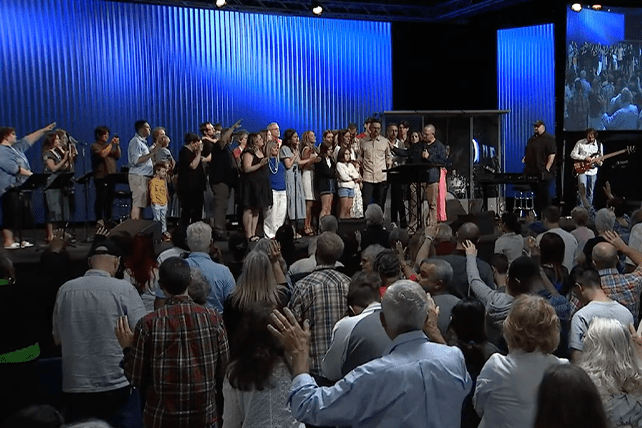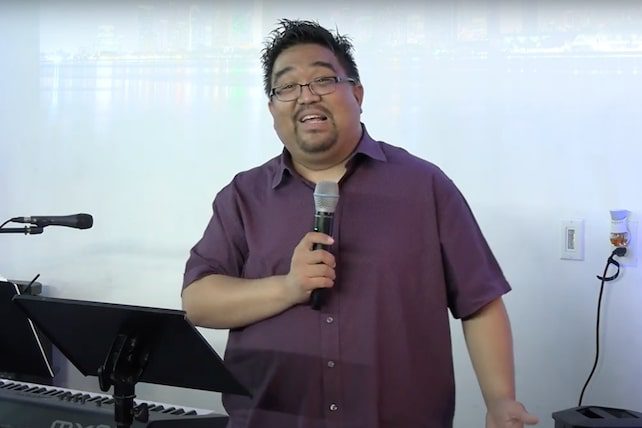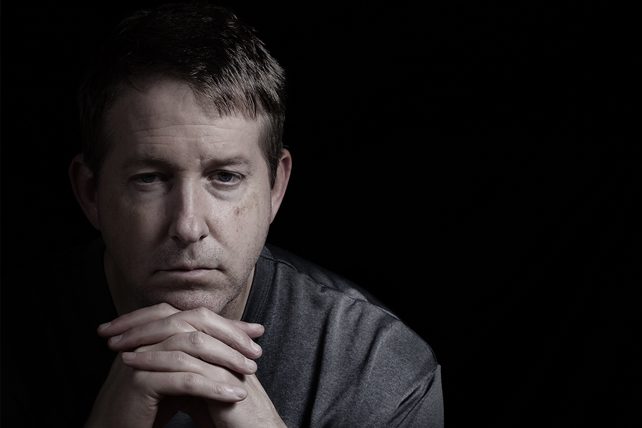The United Methodist Church (UMC), one of the largest denominations in the United States, is currently navigating a significant split. This division is rooted primarily in differing views on human sexuality, specifically LGBTQ+ rights, which has led to a wave of Methodist church disaffiliation across the nation. The schism, while particularly pronounced in the South, reflects broader questions of faith, doctrine, and the future direction of Methodism.
United Methodist Church Disaffiliation on the Rise
The Rift Over LGBTQ+ Rights
The UMC has found itself at a crossroads, with increasing internal discord over its policies concerning homosexuality. This discord has spurred a notable number of congregations to leave the denomination. A report by USA Today highlighted that the majority of these disaffiliations have occurred in the South, marking a significant shift in the church’s landscape. The median worship attendance for churches choosing to disaffiliate stands at 38, suggesting that smaller congregations are more inclined towards leaving the denomination.
The Process of Methodist Church Disaffiliation
Leaving the UMC is not a decision taken lightly nor is it an easy process. It involves a rigorous procedure outlined in the Book of Discipline (¶2553), which requires a two-thirds majority vote from the professing members of a local church. This process necessitates close collaboration between pastors, church members, and denominational leaders to ensure a seamless transition for both the departing congregation and the remaining community. The emphasis is on careful consideration and planning, underscoring the complexity and sensitivity of the disaffiliation process.
Case Study: Scott United Methodist Church in Colorado
Methodist church disaffiliation is not confined to the South. Churches in other regions, such as the Scott United Methodist Church in Colorado, are also navigating this process. Their journey, grounded in the directives of the Book of Discipline ¶2553, underscores the widespread nature of this ecclesiastical challenge.
The Core Issues Leading to Disaffiliation
Why is the Methodist Church Splitting?
The split within the UMC largely revolves around differing beliefs and attitudes towards LGBTQ+ rights and inclusion. While the church has traditionally maintained conservative views on homosexuality, there’s a growing faction within the denomination advocating for more progressive policies. This ideological divide has led to an increasing number of congregations choosing to disaffiliate.
How Many Methodist Churches Have Disaffiliated in the US?
The exact number fluctuates, but the trend indicates thousands of congregations have already left or are in the process of leaving the UMC, primarily due to the ongoing debate over LGBTQ+ rights and inclusion within the church.
The United Methodist Church vs. The Global Methodist Church
The creation of the Global Methodist Church (GMC) marks a significant development in this split. The GMC positions itself as a more traditionalist branch, maintaining conservative theological stances, especially on issues of human sexuality, in contrast to the UMC’s evolving perspective.
Disaffiliation in Texas
Texas, a key battleground in this ecclesiastical dispute, has seen a considerable number of churches leaving the UMC. This reflects the broader national trend and highlights the regional nuances of the disaffiliation process.
Is It Too Late to Disaffiliate?
The window for disaffiliation remains open, with many congregations still in the process of deliberating their future within the UMC. The timeline and process are outlined in the Book of Discipline, providing a structured pathway for those considering this significant step.
Addressing Common Questions
The Conflict Within
At its core, the conflict within the UMC centers on the interpretation of scripture and the application of Christian doctrine in contemporary issues, particularly those concerning human sexuality and the inclusion of LGBTQ+ individuals in the church.
Female Leadership in the Global Methodist Church
The Global Methodist Church continues to support female leadership within its ranks, allowing women to serve in pastoral and leadership roles, reflecting a continuation of Methodist tradition in this regard.
Views on Divorce
Divorce, while regarded as a matter of deep pastoral concern within the Methodist Church, is not explicitly labeled as a sin. The church’s approach is more nuanced, focusing on support, reconciliation, and the complexities of individual circumstances.
The United Methodist Church disaffiliation movement marks a pivotal moment in its history. As congregations across the country navigate this challenging landscape, the decisions made today will undoubtedly shape the future of Methodism in America. While the road ahead may be fraught with uncertainty, it also offers an opportunity for reflection, renewal, and possibly, reconciliation within the broader Methodist community. The journey of disaffiliation, complex and laden with deep theological and ethical considerations, underscores the evolving nature of faith communities in responding to contemporary societal issues.










![Vatican-issues-new-norms-to-rein-in-supernatural-pheno] Vatican](https://cdn.churchleaders.com/wp-content/uploads/2024/05/Vatican-issues-new-norms-to-rein-in-supernatural-pheno.jpg)















